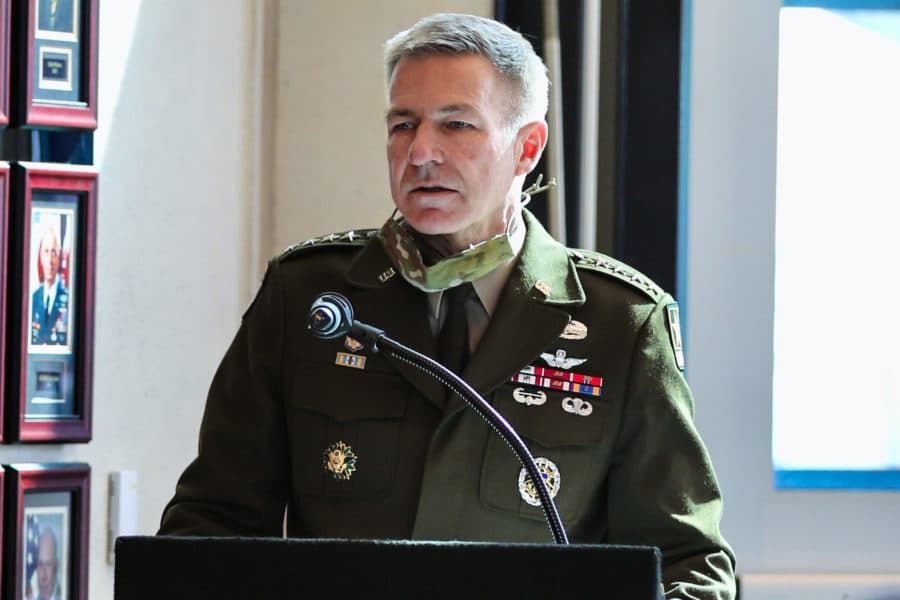Sexual harassment in the armed forces is a serious problem, and SHARP is a proactive U.S. Army program that aims to eliminate it. The Army has made sexual harassment a criminal offense under the Uniform Code of Military Justice (UCMJ), Article 134. SHARP will help military personnel report suspected instances of sexual harassment. Here’s the official website of the SHARP program in case you want to learn every detail: http://www.sexualassault.army.mil
The SHARP program is a program designed to eliminate sexual harassment and sexual assault in the Army. The program has been successful but has been challenged in many ways. The Army is a values-based organization, and sexual harassment and assault are unacceptable. The SHARP program has been revised and strengthened in recent months.
It has grown from a “stove-piped” program to one in which it works closely with the Army staff. SHARP representatives are still not well-trained for the position. They need to be properly equipped to do the job and be able to maintain the program’s regulations. For more army-related content, visit our website AKO Offline.
What is the Army’s SHARP slogan?
The Army SHARP program has a specific slogan that is meant to inspire soldiers to do what is right and follow the rules. The goal of the program is to create an environment of a zero-tolerance sexual harassment and assault policy. The Army’s SHARP training materials show that units with leaders talking about SHARP have fewer incidents.
The campaign plan aligns efforts across five lines of effort to combat sexual harassment and assault. The SHARP initiative also seeks to prevent the escalation of sexual harassment into physical assault and homicide.
What are the four phases of SHARP?

Prevention is the most effective weapon in the fight against sexual harassment. Harassment will not simply go away, and if it is not addressed in time, it will most likely get worse and be more difficult to remedy. Implementing prevention training programs in all areas of an organization is vital.
The Army SHARP program includes policies for preventing sexual harassment and responding to sexual assault. However, the program has been hindered by its disjointed policies. Many key provisions are spread across multiple guidance documents. In addition, officials have delayed efforts to consolidate the program’s policy. They say they must establish a timeline for implementing the new regulations.
Developing and implementing an effective sexual harassment prevention plan involves all parties and a clear statement of intent. A written policy should outline the definition of harassment, tell employees that it is unacceptable, and set forth procedures for handling harassment.
What program was before SHARP?
SHARP, or Sexual Harassment Assault Prevention, is an Army program that focuses on preventing sexual harassment and assaults. It aims to educate company commanders, soldiers, Department of the Army Civilians, and family members about the problem.
The SHARP program has been in use since 2008, and its aim is to eliminate sexual harassment and assault in the Army. It has had mixed results, however. According to Department of Defense studies, the incidence of sexual assault and harassment has not decreased since it was first implemented. As a result, SHARP has been subject to constant policy updates.
Why does Sharp still happen in the Army?
Sexual assault has been a persistent problem in the Army. The current SHARP regulations are designed to protect victims and prevent the occurrence of sexual assault. However, they have posed a dilemma for some commanders. These leaders were hesitant to impose the harsher punishments that are common in sexual assault cases. However, the program’s centralized selection process should help improve the program’s effectiveness. It will set uniform criteria for the selection of SHARP personnel, ensuring the prevention program’s effectiveness.
The SHARP program has expanded its reach. It is integrated, matrixed, and connected to other aspects of the Army. It is embedded in the Army’s culture and structure. In addition, the SHARP program is led by a Senior Executive Service member who provides the necessary coordination and equity.
